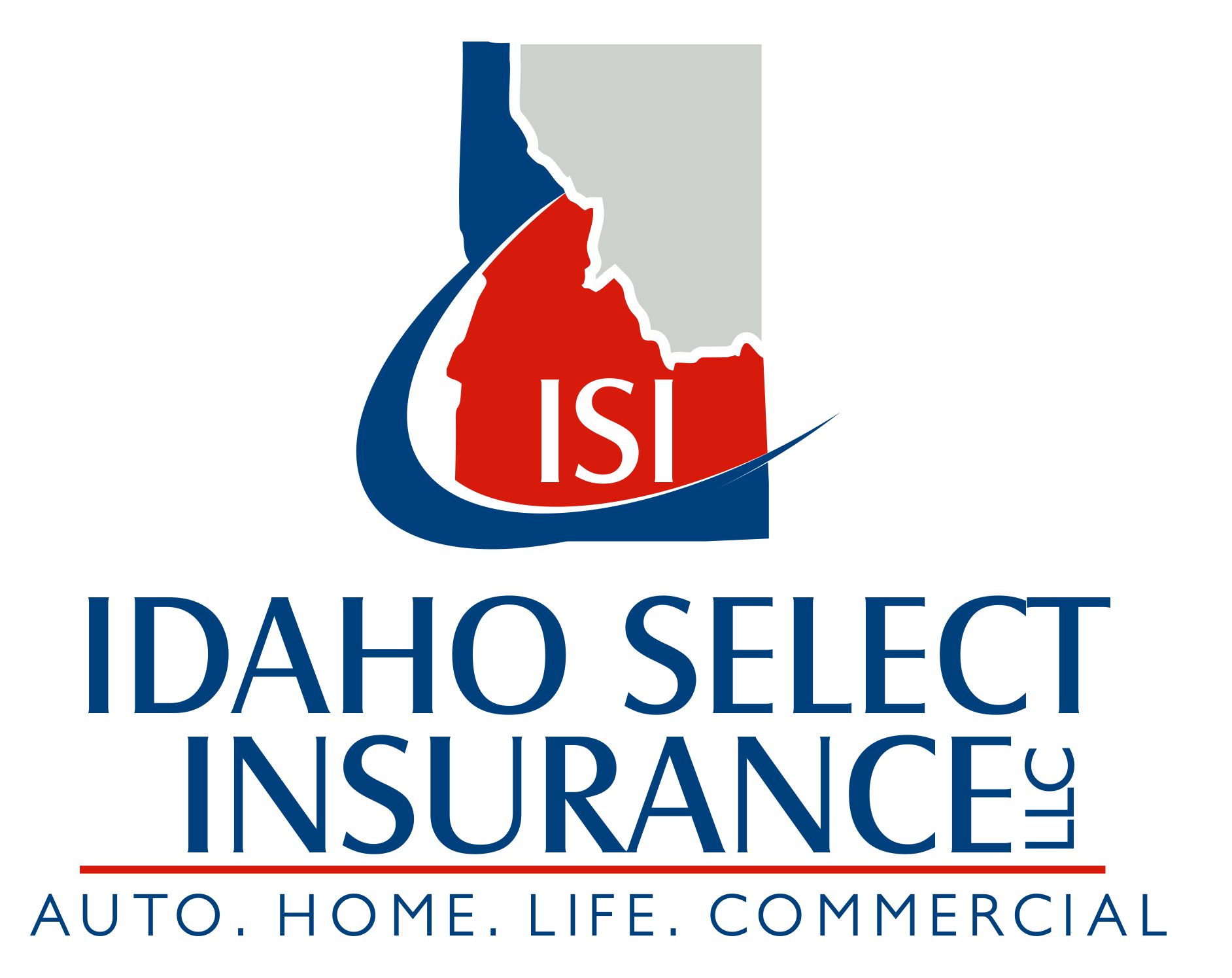Auto insurance has confused people practically from the time it was invented. This is because events get messy, and people interpret the language in the policies differently. It doesn’t help that those policies are often written in a vague and confusing language. It’s key to remember that in the end though it doesn’t have to be as complicated as you may think, and Idaho Select Insurance can help.
Your Policy Is Specific
Your policy is not like your friend’s policies, so don’t start comparing as if both of you are starting from the same place. Each person’s history, type of car (and how they financed it) and lifestyle will affect what they end up paying every month. Just like with most things in life, the less you pay for your policy, the less help you’ll get for different types of events. Liability only, for example, will only cover the other person’s car if you happen to cause an accident —it will not help pay for your car in any way. If you don’t have the funds to fix your car on your own, you can try a home repair to keep yourself legal on the road. Or you may have to buy another car altogether if yours happens to be totaled.
Finding an Agency
The best way to keep auto insurance simple is to find the right provider serving Meridian, ID. If you’re looking for an agency who can both explain the original policy to you and keep you in the loop during any claims process, then you won’t have to read several pages of technical clauses in your policy. Call Idaho Select Insurance today to find out more about how we help the people of Meridian, ID stay up to date on it all.

 Contact
Contact
 Email an Agent
Email an Agent

 Click to Call
Click to Call Get Directions
Get Directions


